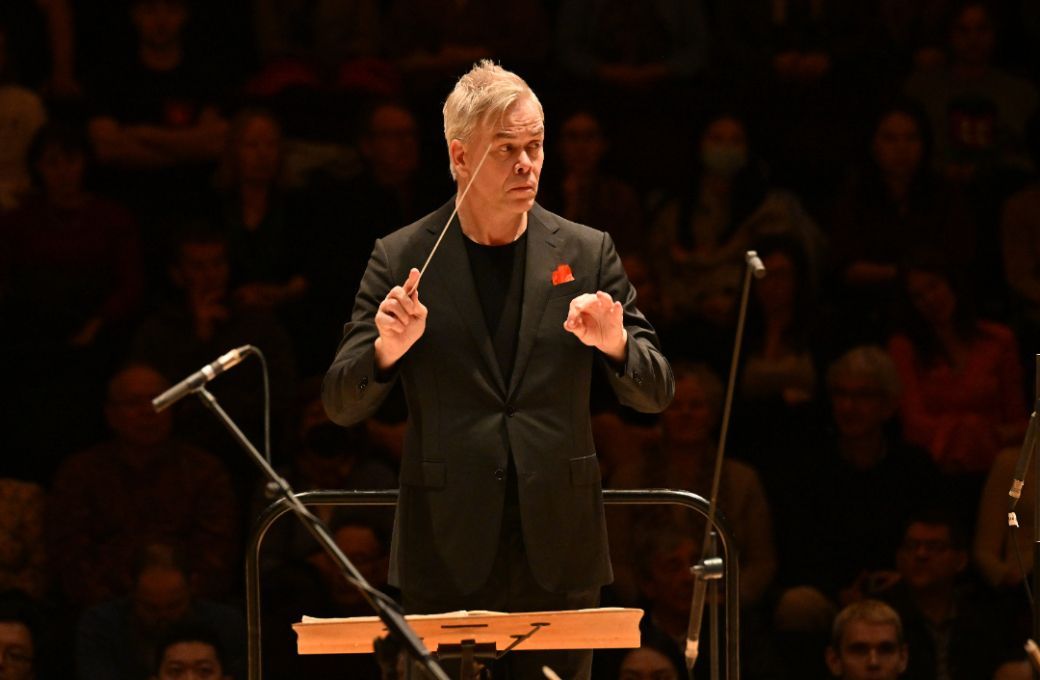Another fabulous programme from Hannu Lintu with the BBC Symphony Orchestra of works away from the mainstream was appreciated by a large and enthusiastic Barbican audience.

The Symphonic Fantasy by the British-born, American-based Bernard Rands, co-commissioned by the BBC SO and the Boston Symphony Orchestra, was premiered in the US in 2019 and, presumably due to Covid, has only just appeared in London. Rands' music has rarely found its way into UK concert halls. His career developed at the centre of the avant garde movement in the 60s and 70s, but over the decades his musical style has become more tonal and approachable. The Symphonic Fantasy occupies a murky world of coloristic chromaticism. It has a structural looseness which is hard to follow, not helped by thematic material that makes little impact. The most positive aspect of the score was the orchestration, which glowed and glowered in equal measure. Repeated hearings of this densely worked out score would surely reveal more to the listener.
After this sombre work, a complete contrast was welcomed, especially as it was an electrifying performance of one of the greatest pieces in the concertante repertoire, Prokofiev’s Piano Concerto no. 3 in C major. Add into the mix one of the most brilliant young soloists around, Alexander Malofeev, and the BBCSO on top form, and the result was thrilling. Malofeev combined a caressing lyricism, never exaggerated, with a glittering percussive accuracy. His awareness of the important orchestral partnerships throughout was impressive, so that while you couldn’t take you eyes off him, he was still ideally integrated into the whole ensemble. Mikhail Pletnev's transcription of the Grand pas de deux from Tchaikovsky’s Nutcracker was his magical encore.
Stravinsky’s Song of the Nightingale is based on material from his opera The Nightingale, which was performed Paris in 1914 by the Ballets Russes. It sees the composer working together music from his early pre-Firebird period with his deeply Russian Petrushka style. It is a piece that should receive more attention in the concert hall, its first section containing some of his most striking and original orchestral music. Lintu and the BBC SO were razor sharp in the spicy combinations of orchestral effects and rhythmic wizardry, with excellent solo work from Principal Flute, Michael Cox, representing the nightingale.
John Adams' off-puttingly entitled Slonimsky’s Earbox is, in reality, a massive Scherzo for large orchestra, taking its initial inspiration from the opening of the Stravinsky work that preceded it. Whereas that work seems to run out of steam and dissolves towards the end, Adams never lets the energy flag, leading to a rip-roaring conclusion. Adams is at his most persuasive in music that explore dynamism and energy and Lintu and BBC SO clearly relished the gratefully written virtuosity of the score, proving to be an ideal showcase for this most flexible of orchestras.


